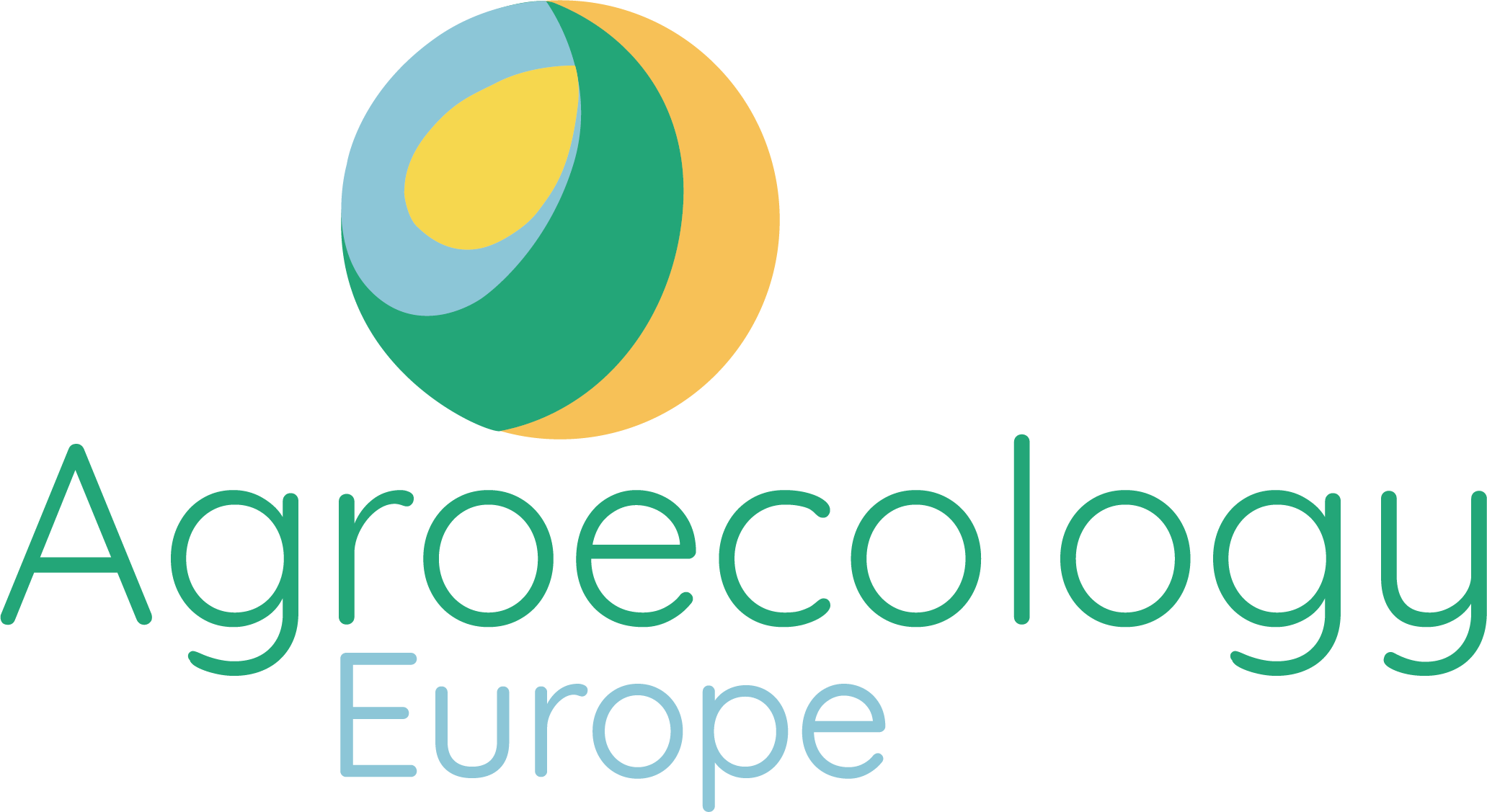While COVID-19 has exacerbated Europe’s food security vulnerabilities, current agriculture practices keep damaging the environment, provoking drastic biodiversity loss and emitting 10% of the EU’s annual carbon emissions
On the 4th of February 2021, the European Committee of the Regions has released its opinion on Agroecology putting forward a comprehensive set of measures to foster agroecology in the EU. Agroecology reduces the carbon footprint of agriculture, fosters the recovery of biodiversity, restores soils fertility, prevents air and water pollution and increases the economic and social resilience of farms with healthy and accessible food. Agriculture covers half of Europe’s land territory and it emits 10% of the EU’s annual carbon emissions. Reforming the Common Agriculture Policy to shift agricultural practices is key to deliver on the European Green Deal , the Union’s strategy to reach climate-neutrality by 2050.
Members of the Committee of the Regions (CoR) confirmed in its opinion that the ongoing reform of the Common Agricultural Policy (CAP) is an unmissable opportunity to ‘green’ the agriculture sector, reduce its negative environmental impact and ensure food security in the EU.
Guillaume Cros (FR/Greens) , Vice-President of the Regional Council of the Occitanie-Pyrenees-Mediterranean region and rapporteur of the CoR opinion on agroecology , said: “The present pandemic has exposed the weaknesses of our globalised agriculture and food system. European agriculture needs an agronomic, social and territorial transition that brings along greater sustainability and resilience. Agroecology is the answer to the multiple challenges we face: the need to decarbonise our agriculture, reconquer biodiversity, restore soil fertility and enhance the economic and social resilience of our farms to ensure healthy, local and affordable food for everyone. Based on a network of small and middle-size farms, agroecology can also be instrumental in revitalising rural areas across the EU.”
In its opinion, the CoR welcomes the call for a significant transformation in agricultural policy that the European Commission has put forward in the Farm to Fork (F2F) strategy, but asks that the new law on sustainable food systems announced in the F2F strategy integrate a binding legal framework to begin a genuine agroecological transition.
Based on small and medium-sized farms, Agroecology cannot be developed if CAP direct payments remain allocated per hectare and not per active person on the farm. The CoR proposes a gradual shift from a basic payment per hectare to a basic payment linked to the number of active persons and for direct payments to be funnelled as a matter of priority to small and medium-sized agroecological farms.
Agroecology Europe welcomes this opinion and will continue working together with the Committee of the Regions to support this genuine agroecological transition.
For the other languages, you will find translations of this opinion on the dedicated EU Committee of the Regions webpage.
